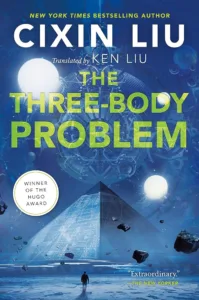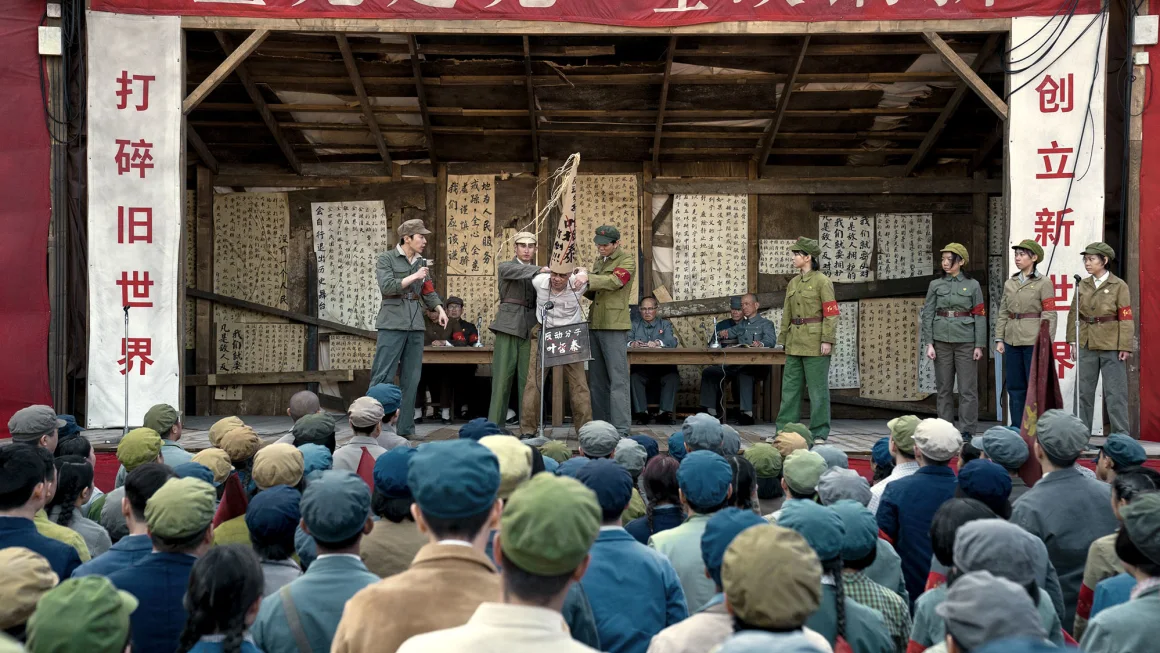Split Opinions on “3 Body Problem” Adaptation
3 Body Problem: The Netflix adaptation of the renowned Chinese sci-fi novel, “The Three-Body Problem,” has stirred a mix of reactions in China. Premiering on Thursday, the series, based on Liu Cixin’s award-winning book, has ignited discussions on Chinese social media platforms, showcasing a spectrum of views.

Nationalist Sentiments and Political Accusations
Since Netflix is unavailable in China, viewers resort to VPNs or pirated versions to access its content. Some patriotic netizens criticized the adaptation, alleging it portrays China negatively. They particularly objected to the portrayal of historical events, such as the Cultural Revolution’s violent scene at Tsinghua University.
Debate on Historical Accuracy
While some critics accused the production of distorting history, others defended it, citing the faithful depiction of scenes from the book. Author Liu originally intended to open the novel with Cultural Revolution scenes, reflecting Ye Wenjie’s disillusionment pivotal to the plot. This portrayal, though controversial, aligns with the narrative’s essence.
International Adaptation vs. Local Production
Comparisons arose between the Netflix adaptation and a Chinese TV series released earlier. The Netflix version, with its international cast and setting in present-day London, deviated significantly from the original story’s Chinese context. This departure sparked debates on cultural authenticity and narrative changes.
Call for Mutual Appreciation
Amidst the heated discussions, some users advocated for appreciating both versions and avoiding unnecessary conflicts. They emphasized the possibility of both adaptations being excellent in their own right, highlighting the diversity of cultural interpretations.
Dialogue on Artistic Freedom and Interpretation
The debate extends beyond mere preference for one adaptation over the other. It delves into broader questions of artistic freedom and interpretation. While the Chinese TV series adheres closely to the novel’s cultural roots, the Netflix adaptation takes creative liberties to appeal to a global audience. Both approaches have their merits and contribute to enriching the literary landscape.
Reflection on Cultural Identity and Globalization
The discourse surrounding the “3 Body Problem” adaptation reflects larger themes of cultural identity and globalization. It prompts introspection on how narratives are presented and received in an interconnected world. As Chinese cultural products gain international recognition, questions of representation and authenticity become increasingly pertinent.
In summary, the “3 Body Problem” adaptation on Netflix has prompted multifaceted discussions, ranging from historical accuracy and cultural representation to the broader appreciation of diverse interpretations in storytelling. While differing opinions abound, the dialogue itself underscores the richness and complexity of contemporary cultural exchanges in an ever-evolving global landscape.
More to read:
Puma Embarks on High-Seas Adventure with ‘One Piece’
See Formula 1 Star Charles Leclerc’s Dating Journey: Explore His Current and Past Relationships
